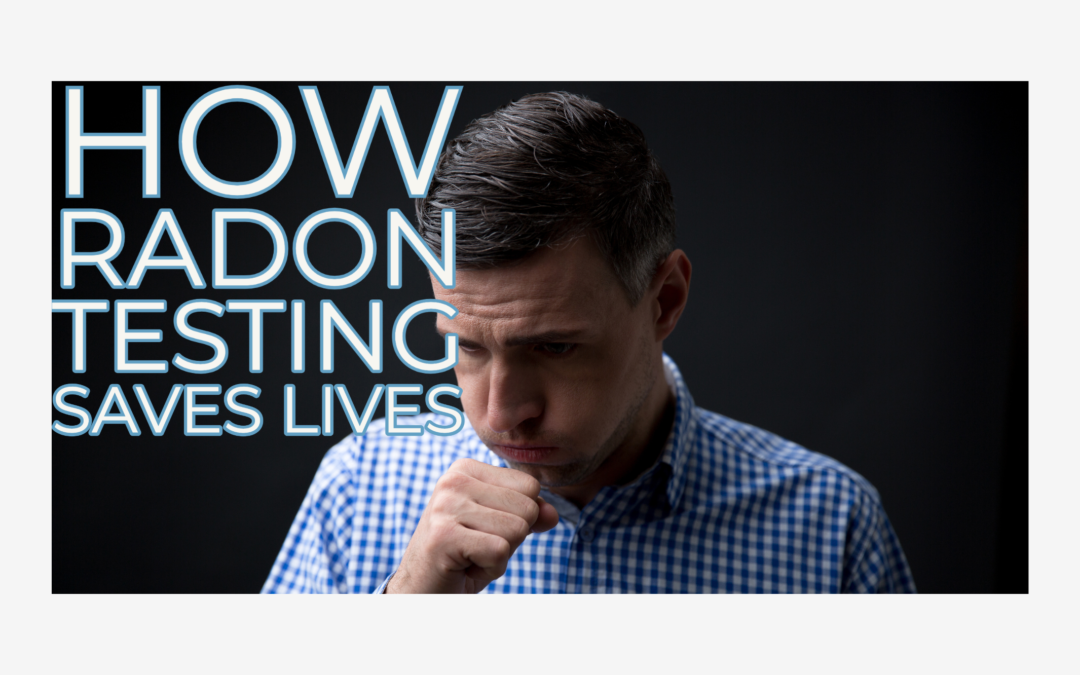
by Sean Woitas | Feb 24, 2022 | Blog
Radon gas is an odorless, colorless killer, it is also a natural part of the environment. Radon is everywhere. Radon gas normally disappears harmlessly into the atmosphere. However, it can get trapped in structures like homes and businesses. This dangerous gas can be...
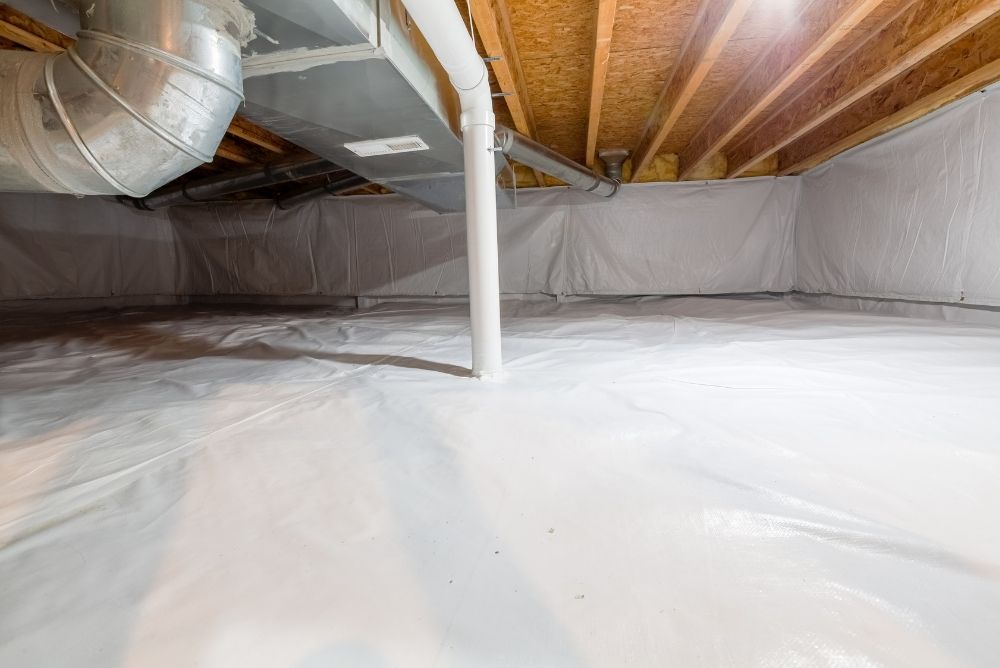
by Sean Woitas | Jan 10, 2022 | Blog
Hiring an expert to inspect your home for radon is a simple and excellent way to keep your family safe. Beyond knowing your radon exposure, the inspection can help you learn whether you need a mitigation system for repelling the gas. Of course, it’s understandable for...
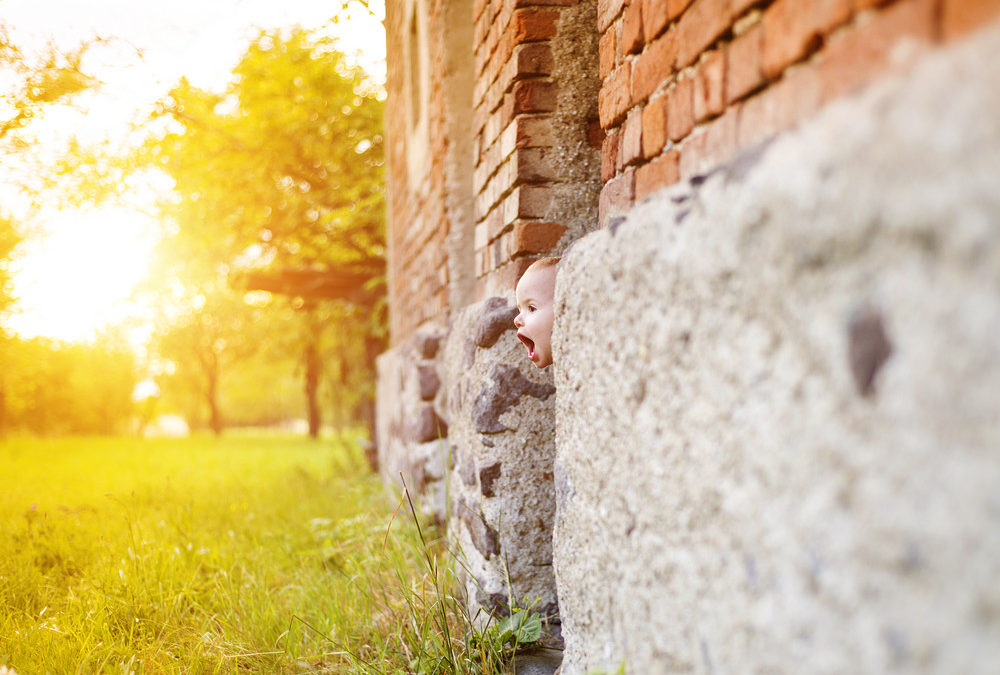
by Sean Woitas | Jan 6, 2022 | Blog
Buying or moving into a new home can be tricky, it can be scary, and it can be difficult. There are so many things that you need to keep in mind when buying a new home. Making sure that it is safe can help you have confidence in your decision. With a home that is...

by Sean Woitas | Jan 5, 2022 | Blog
Your sump pump is the piece of equipment that prevents excess water from outside the house from coming into your home and flooding the space. The average cost of a flooded basement is $20,000 and up. This is why it is essential to ensure your sump pump works properly...
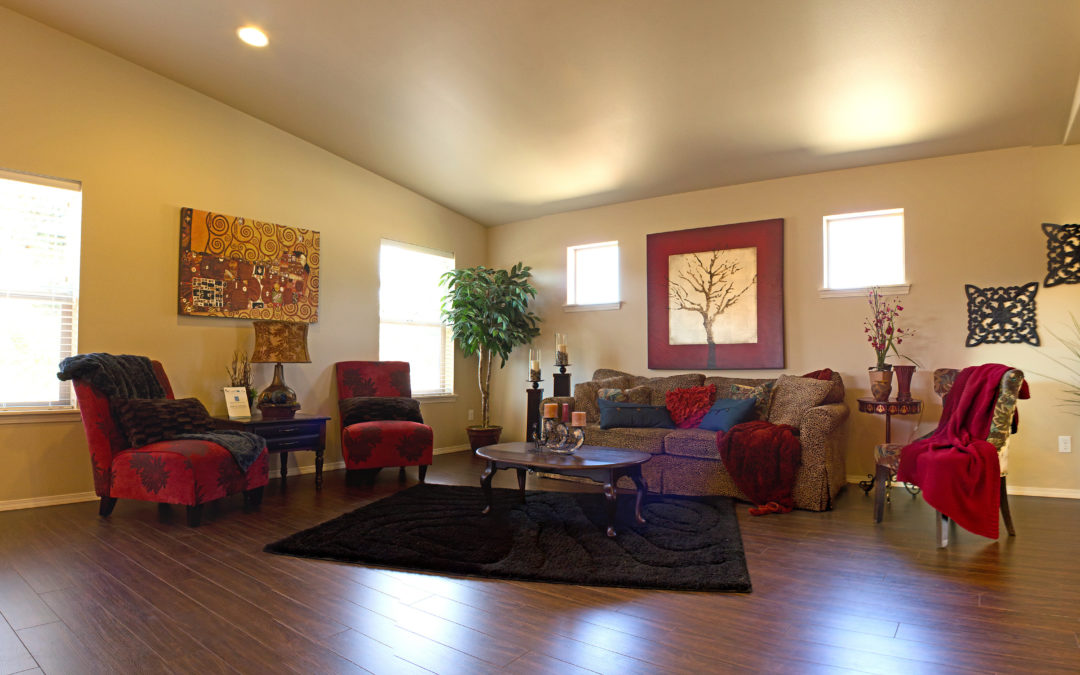
by Sean Woitas | Dec 17, 2021 | Blog
Radon is an invisible and odorless gas that can cause lung cancer. It’s the second leading cause of lung cancer in the United States after smoking. Most people aren’t aware of how many homes have high levels of radon and may be putting themselves and their...
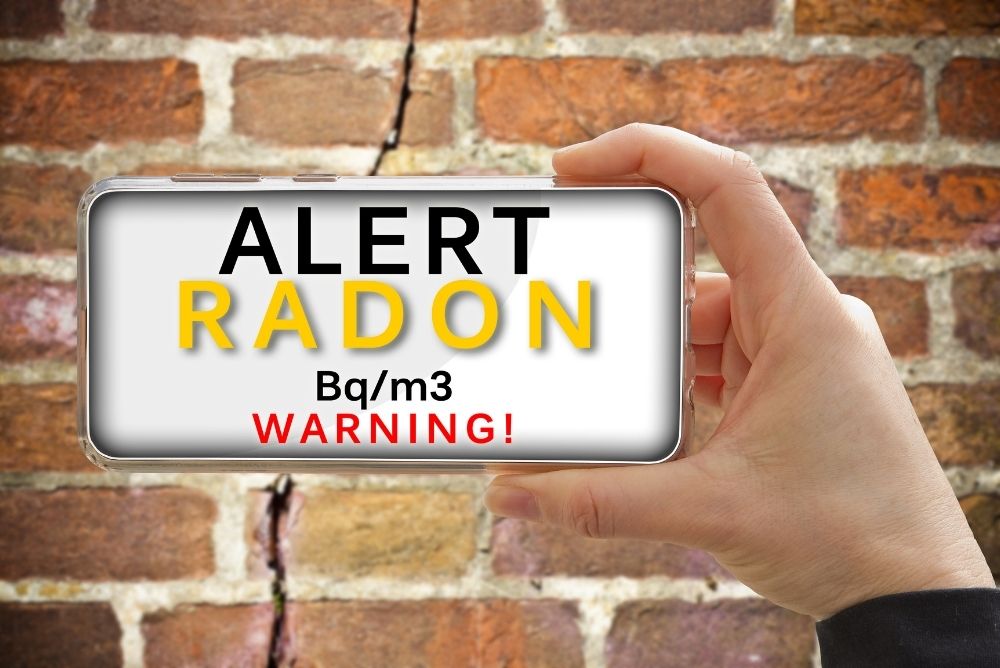
by Sean Woitas | Dec 15, 2021 | Blog
To some, 4pCi/L might seem like a random string of numbers and letters. However, this number is critical for homeowners to know because it’s the EPA’s benchmark for when radon levels become dangerous. If you’re not very familiar with radon but hear the term...








Recent Comments